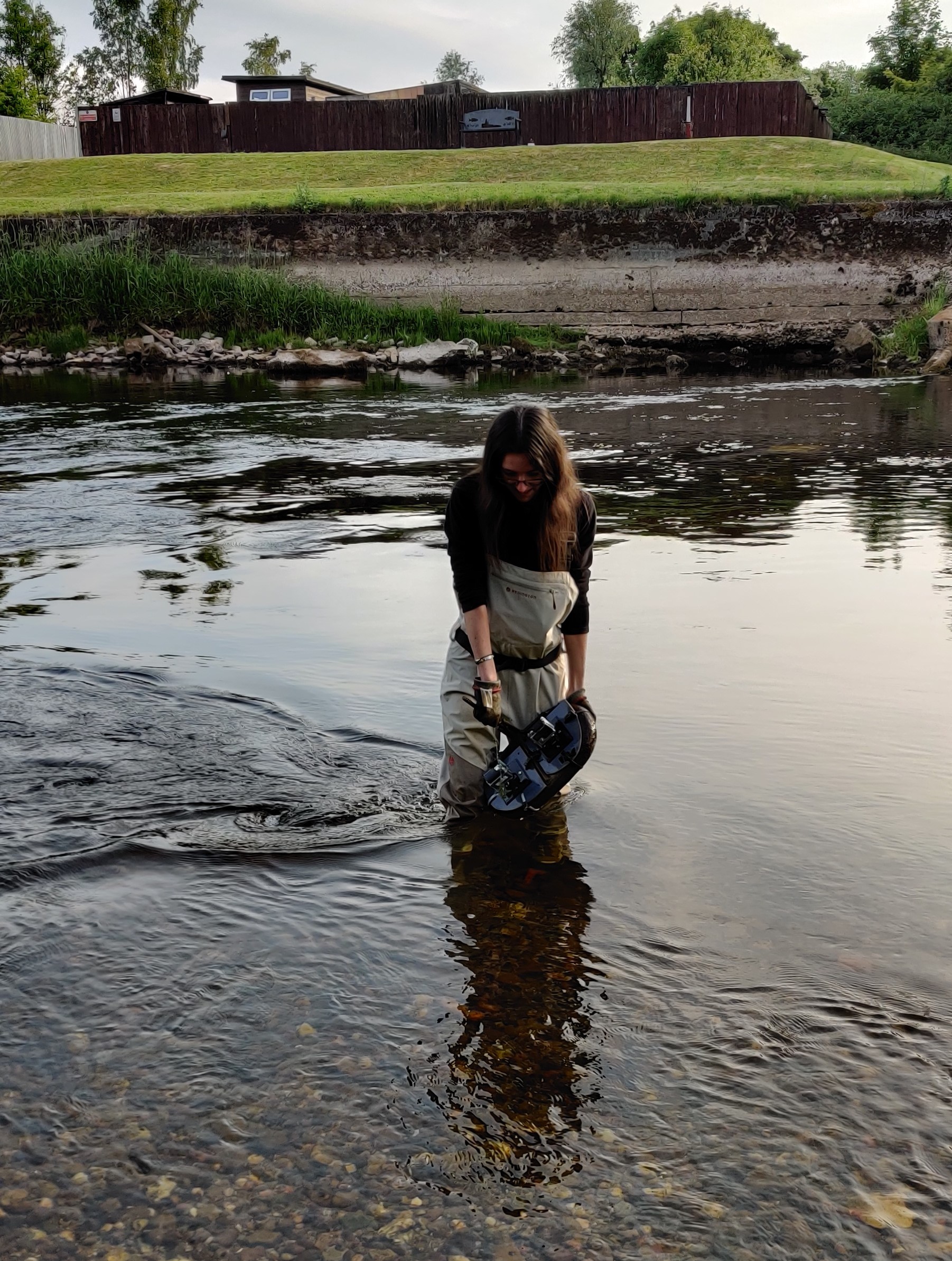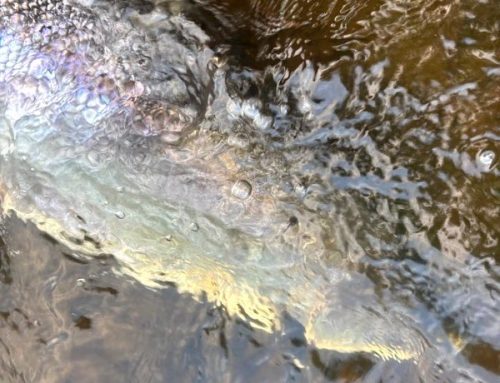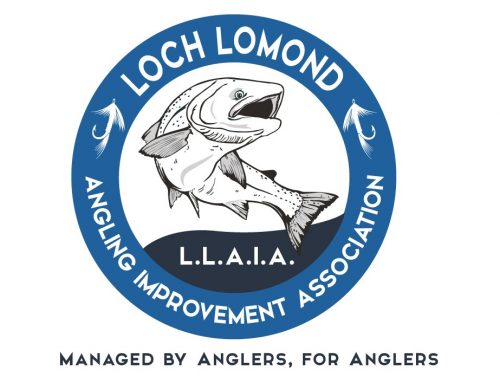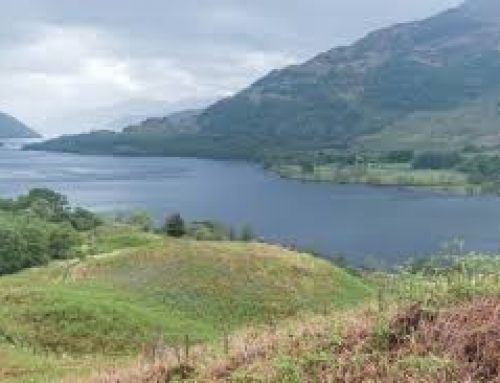The increasing pressures on our wild atlantic salmon and sea trout populations from many potential sources have sadly had the combined effect of producing a significant decline in wild fish numbers over the years. It is unlikely that there is one single factor or cause that has led to this situation but rather that many different effects, changes and influences have led us to this point. To simply do nothing is not an option, however in order to act then it is necessary to firstly understand the current situation concerning our system by firstly conducting analysis, studying and gathering facts (data).
As many members will recall the association made and announced the decision last year to jointly fund a research project focussed upon increasing our information and our understanding of the ‘health of our system’. This project is jointly funded by the Loch Lomond Angling Improvement Association and the Scottish Centre for Ecology and the Natural Environment* (SCENE), University of Glasgow. This work is primarily focussed upon establishing a baseline concerning the current ‘health of our system’ and spans four individual project specific areas.
To this end the association has sponsored a Masters student Megan who is solely carrying out research and data gathering across the four specific research areas. So not only is the LLAIA supporting the research, but we are supporting the opportunity for somebody to gain a Masters Degree at the same time.
The intent is that the output of this work and resulting data will be used to inform and to undertake a fact based review of findings and then prioritise possible future improvement or conservation countermeasures that may be required going forwards to conserve and improve the health of our system. This research work is being led by Glasgow University (SCENE) based upon agreed objectives between the association and the university.
Despite the impact of Covid-19 then this work has commenced this year with the researchers already engaged in carrying out their work around the systems. During the coming months ahead we are committed to sharing some details and providing regular updates concerning this key research work with all of our members and visitors in order to increase understanding and awareness. So watch this space for future information updates. If you should meet Megan or her Project Supervisor Hann on the system be sure to say hello and I am sure that they would be happy to answer any questions that you may have.
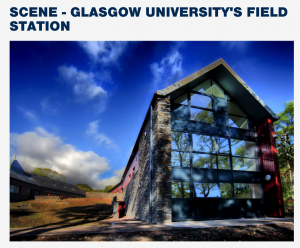
*The Scottish Centre for Ecology and the Natural Environment* (SCENE), University of Glasgow:
SCENE, the Scottish Centre for Ecology and the Natural Environment, is the field station of the University of Glasgow. As part of the Institute of Biodiversity, Animal Health & Comparative Medicine, within the College of Medical, Veterinary and Life Sciences, SCENE is dedicated to excellence in field research and teaching.
Situated amidst the Loch Lomond and the Trossachs National Park, the pioneering teaching and research facility has since 1946 been committed to understanding the mechanisms that govern the natural world and the impact of humans upon these. As of spring of 2014, SCENE’s facilities have been completely replaced and greatly expanded, thanks to major donor engagement and EU investment through the INTERREG IV programme (“IBIS”-project). With sustainable construction and energy efficiency as priorities, these facilities are among the ‘greenest’ buildings in Scotland. For more information about SCENE please follow this link https://www.gla.ac.uk/researchinstitutes/bahcm/about/researchfacilities/scene/about/

